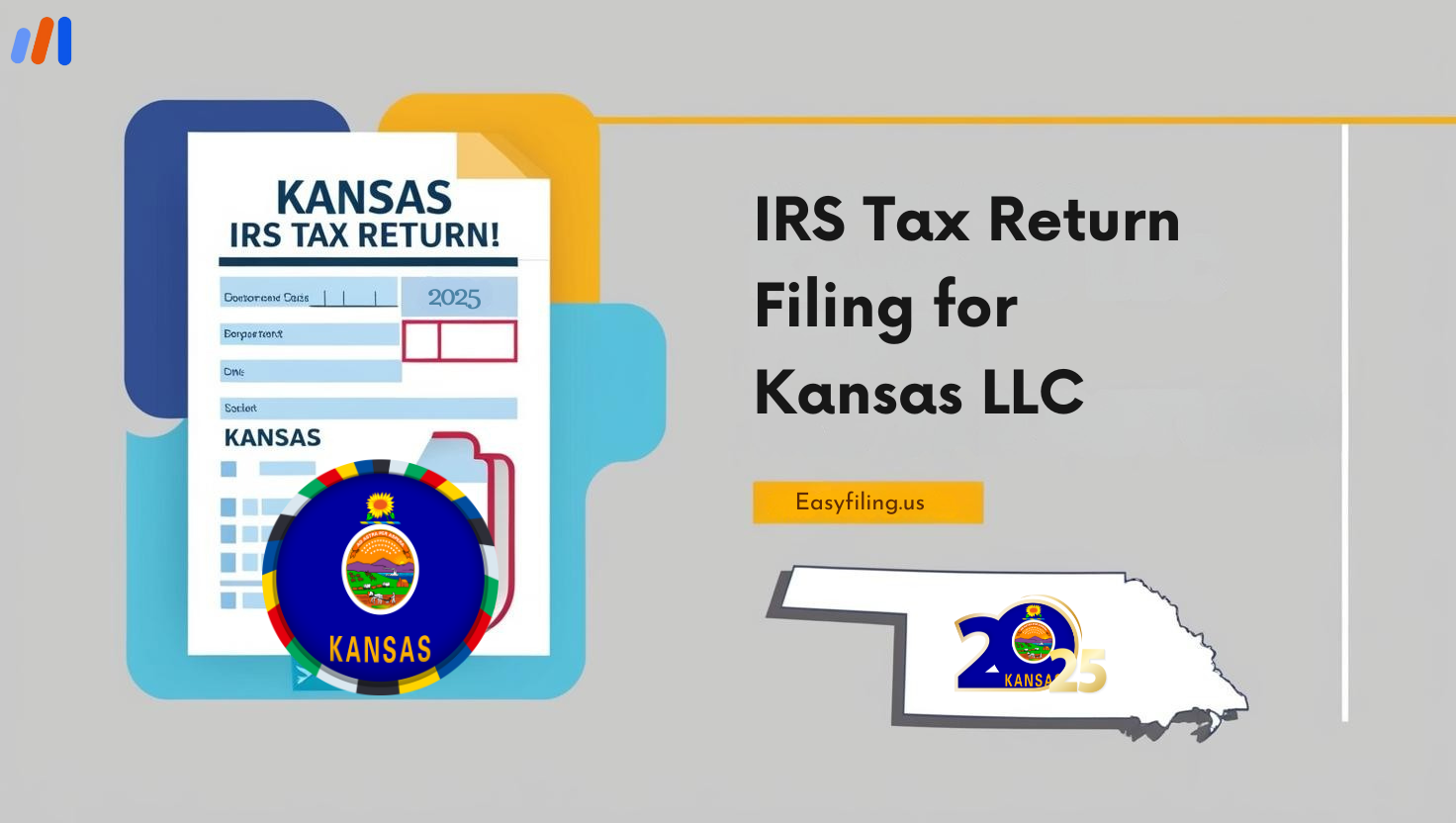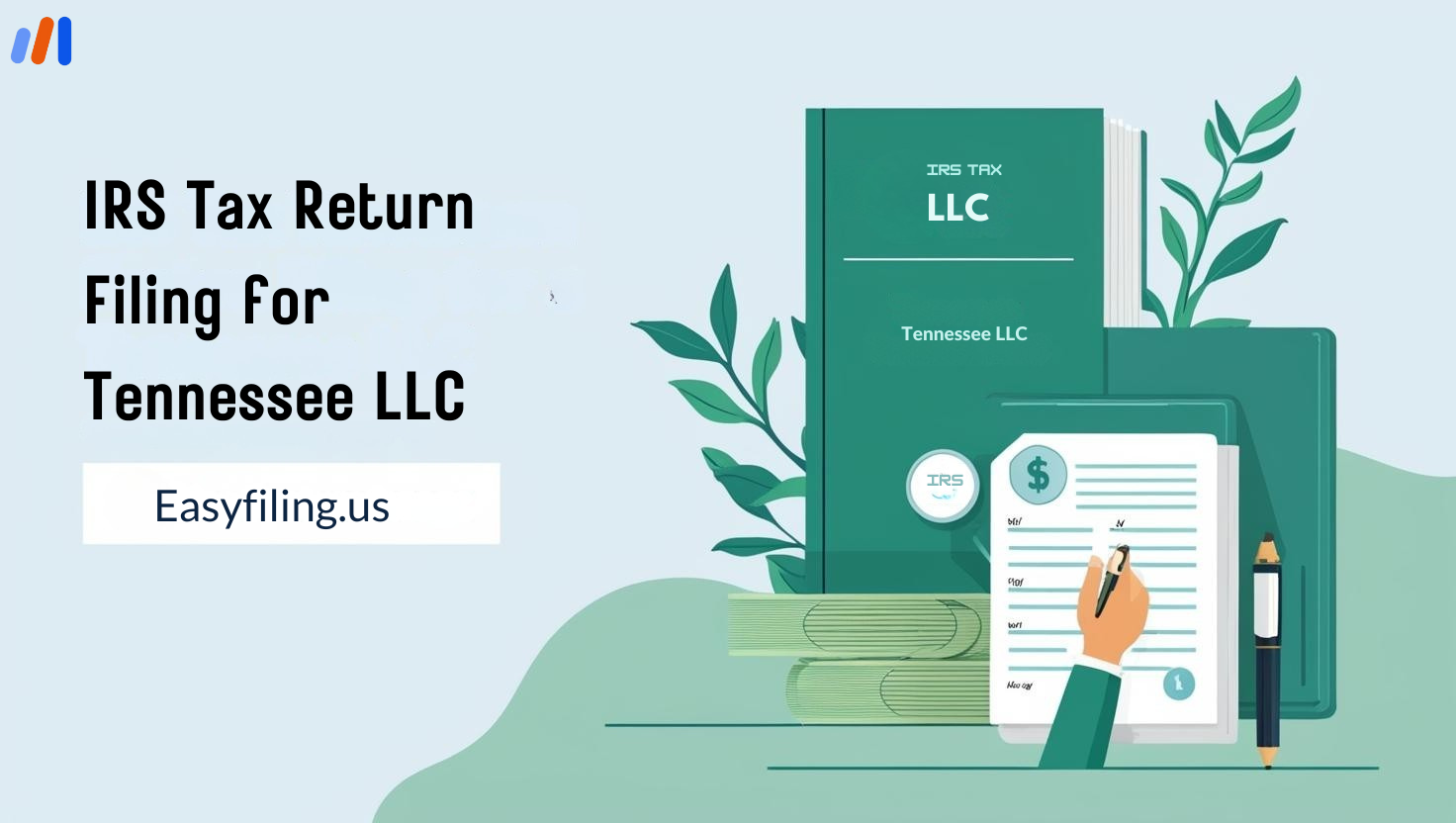Every entrepreneur and taxpayer aims to get the maximum refund possible and lower their tax rates during tax season.
The IRS provides numerous forms of tax credits and the best part is that they can help you earn more money than you initially expected. Knowing how to leverage these credits can drastically improve your finances.
In this post, we will discuss IRS Tax deductions and credits to maximize your refund.
Tax Deductions vs Credit Differentiation
Before going into specific tax quotes and writing apart each one, it is best to understand this.
- Tax deductions reduce your taxable income, lowering the amount of income subject to tax.
- Tax credits directly reduce your tax bill, dollar for dollar, making them more valuable than deductions.
Anyways, now we look at some of the most effective and powerful credits and deductions that exist.
Top IRS Tax Deductions
Standard Deductions Versus Itemized Deductions
Between itemized deductions and standard deductions, taxpayers have a choice. Here are the standard deduction amounts for fiscal year 2024.
- $29,200 for those who are married and filing jointly.
- $21,900 for heads of household.
- $14,600 for single thinkers.
If your total itemized deductions exceed these sums, then it is worth mentioning. Common itemized including.
2. Home Office Deduction
Individuals self-employed or freelancers that dedicate an area of their homes specifically for business can apply for home office deductions.
You may opt for a simplified method which is $5 for every square foot not exceeding 300 square feet or the actual expense method which considers a part of the mortgage, utility bills, and repairs done.
3. Student Loan Interest Deduction
Providing you are paying your student loans, you are entitled to an interest deduction of up to $2,500, irrespective of whether you itemize or not pay interest. This deduction does get more challenging for those on higher salaries.
4. Medical and Dental Expenses
Qualified medical expenses that are more than 7.5% of the adjusted gross income (AGI) can be exempted.
Expenses like doctor’s appointments, prescriptions, required surgeries, and medical apparatus are all valid expenses.
5. Retirement Contributions (IRA and 401(k))
Traditional IRAs and 401Ks have tax-deductible contributions. Rules for contributions in 2023 are as follows.
- $23,000 for 401(k)s ($30,500 if age 50+)
- $7,000 for IRAs ($8,000 if age 50+)
Also, self-employed people can open SEP IRAs or Solo 401(k)s which also increases tax-deductible contributions.
6. State and Local Taxes (SALT) Deduction
You can now apply for a claim up to $10,000 for state and county-specific property, income, and sales tax, or $5,000 for married couples that file independently.
7. Charitable Contributions
One way of helping charities is making donations, which can be written off as tax deductions. The user is entitled to cash deductions equal to 60% of their AGI. Non–cash deductions have to be substantiated.
Some of the Key IRS Tax Credits
1. Earned Income Tax Credit (EITC)
For low- or moderate-income earners the EITC is designed with a refund amount of up to $7,830 for 2024 if one has three or more qualifying children. This is a non-filing category as well.
2. Child Tax Credit (CTC)
The CTC for 2024 replaces the prior year’s value and goes up to $2,000 for every child under 17 years old, of which $1,600 is refundable. It comes in a list of tax relief provisions since it directly shrinks the amount you owe in taxes.
3. American Opportunity Tax Credit (AOTC)
The AOTC is for college students and provides up to $2,500 per student for the first four years of college. Out of the total amount, $1,000 is refundable, which means you can get money back if you owe no taxes at all.
4. Lifetime Learning Credit (LLC)
The Lifetime Learning Credit is not an AOTC, so LLC applies to years beyond the first four of post-secondary education, offering up to $2,000 credit for every return filed against it, that is 20% of the total expenses of education valued at up to $10,000.
5. Saver’s Credit
If you are a low- or moderate-income taxpayer who puts money into retirement accounts, you could be eligible for the program known as Saver’s Credit which is worth $1,000 for a single person and $2,000 for married couples filing jointly.
6. Residential Energy Credits
If you own a home and make some energy-saving renovations like adding a solar panel, you may qualify for either the Energy Efficient Home Improvement Credit or the Residential Clean Energy Credit.
7. Adoption Credit
Families that choose to adopt a child can qualify for a non-refundable credit of up to $15,950 in 2024 to assist in covering adoption-related expenses.
8. Electric Vehicle (EV) Tax Credit
Under the Clean Vehicle Credit program, anyone who buys an approved electric vehicle can claim a tax credit of up to $7,500.
Tips to Maximize Your Refund
Keep Records: Expenses that can be deducted from taxes include business expenses, certain medical bills, and charity donations so make sure to keep the receipts.
Use Tax Software or a Professional: Software like TurboTax or a CPA can save you a lot of time and ensure you do not miss out on any deductions or credits you are eligible for.
Contribute to Retirement Accounts: Keeping tax-deferred accounts like 401(k) or IRA can greatly decrease your taxable income.
Take Advantage of Health Savings Accounts (HSA): HSAs have tax-deductible contributions and tax-free withdrawals for qualified medical expenses.
File Early: You will get your refund fast and avoid mistakes by filing early.
Concluding Remarks
Knowing how these deductions and credits work can get you a bigger tax refund check. It does not matter if you are a student, an employee, or even a small business owner, taking these tax benefits helps you save more money.
You should assess your taxes every year to ensure you are saving the most money and paying the least amount of taxes. Keeping up with new tax laws or new deductions is also a good way to ensure you gain as many benefits as possible.
File Your LLC Today
25$ off with a coupon
Lock in EasyFiling's transparent rates and get lifetime compliance support at no extra cost.
Get Started Now








